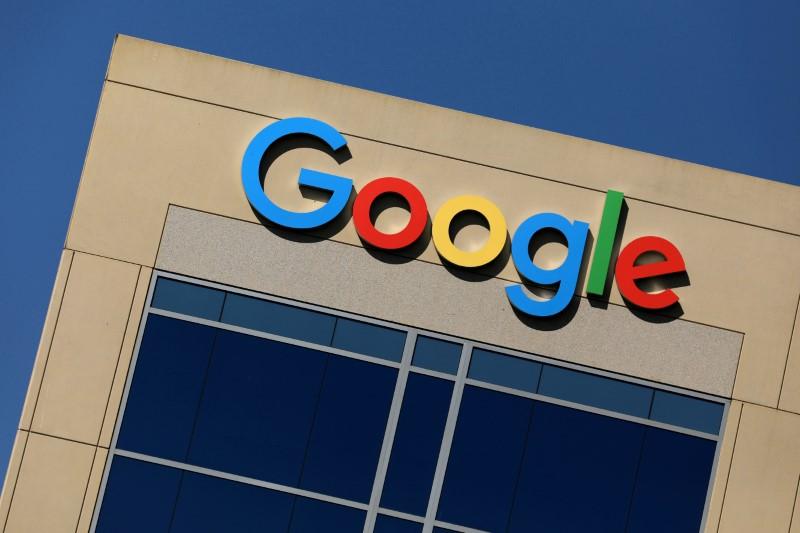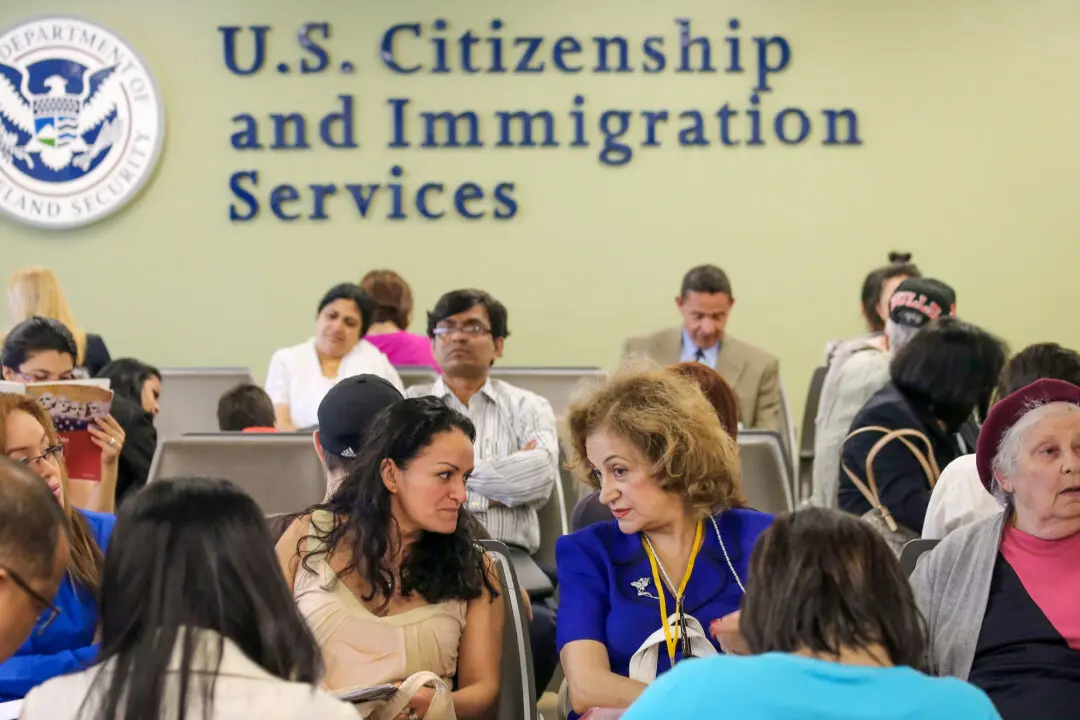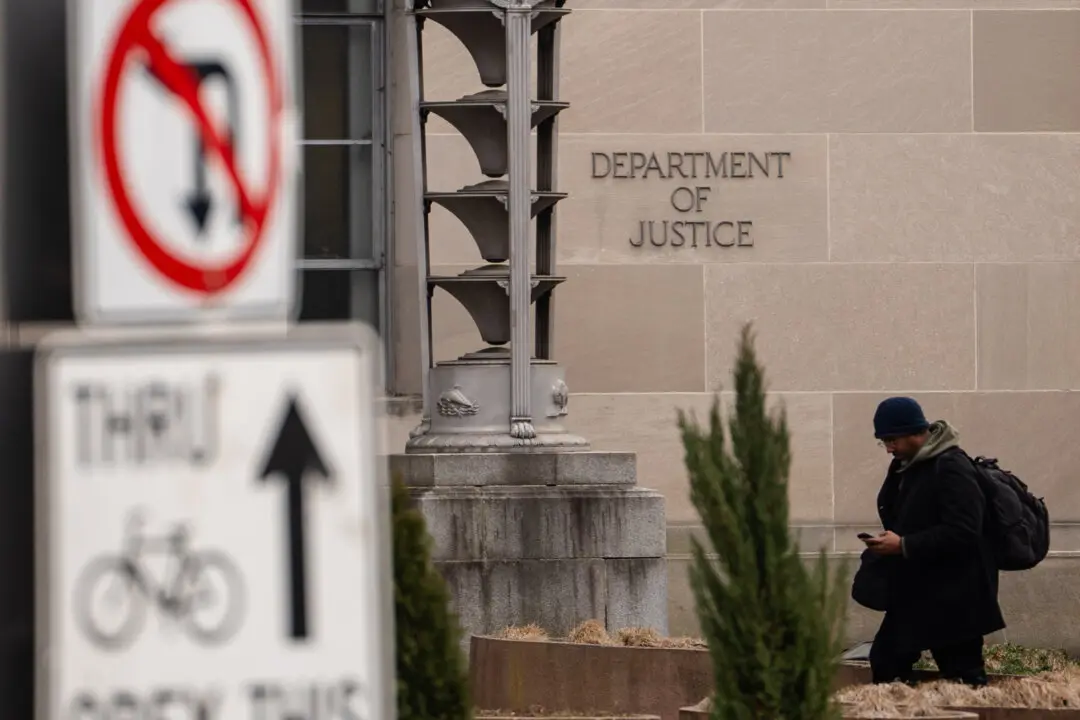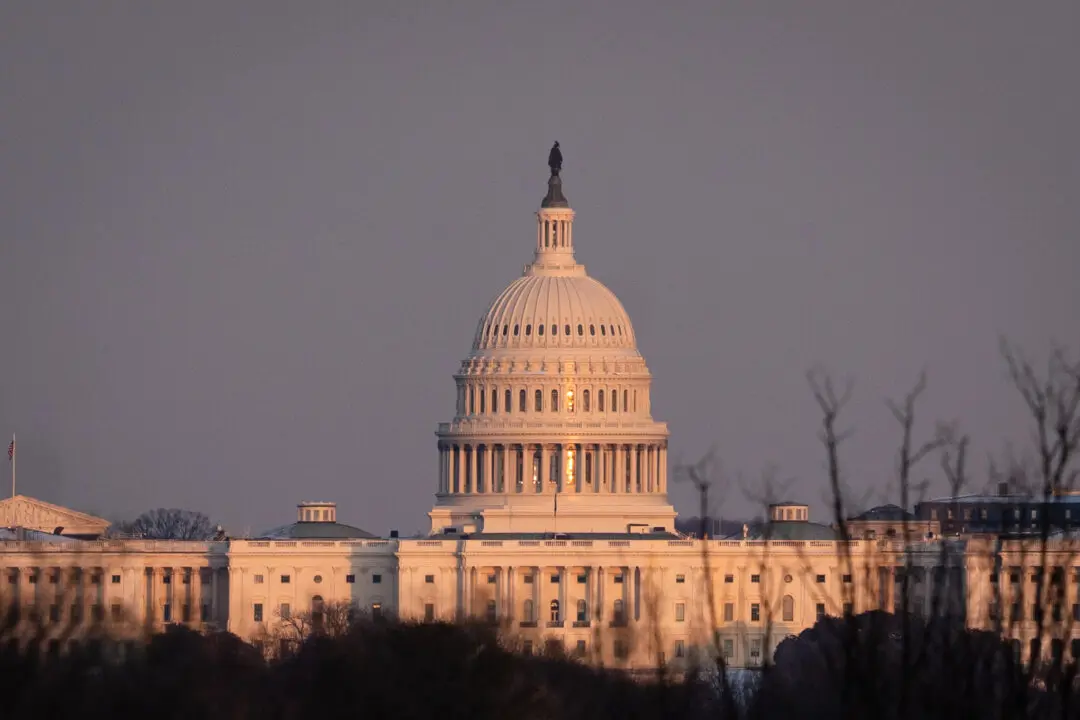Millions of Californians may lose access to broadband internet unless Congress re-approves funding for the Affordable Connectivity Program, which is set to end in May.
Low-income families are expected to be hurt most by the program’s conclusion. More than 23 million Americans, including 3 million in California, participate in the program, which provides a $30 monthly subsidy for low-income households and launched during the COVID-19 pandemic.





